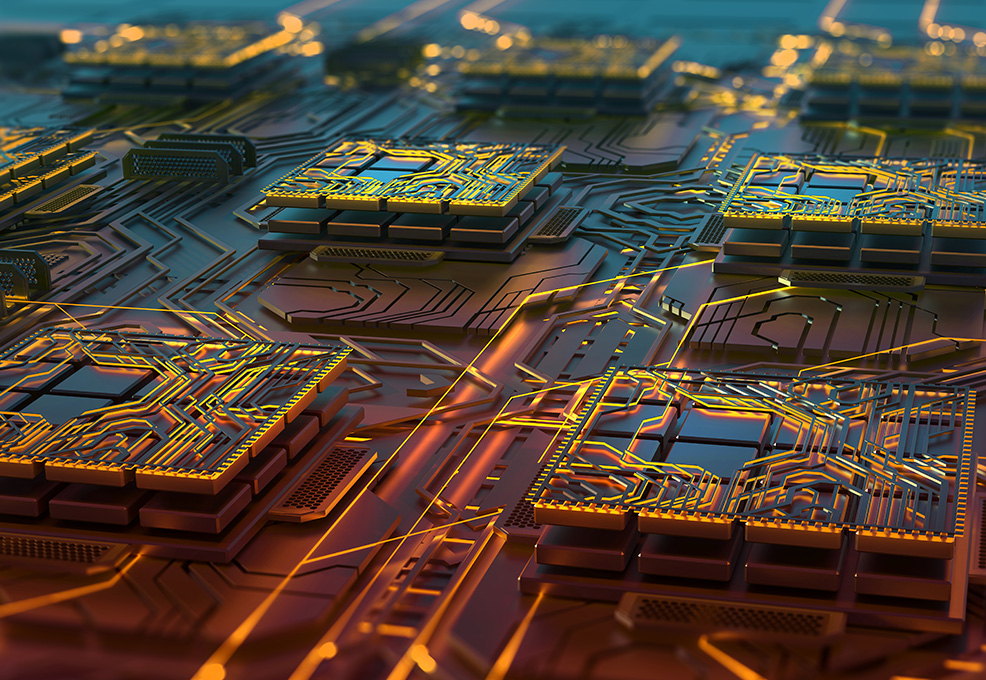Advanced Intelligent Service Robots
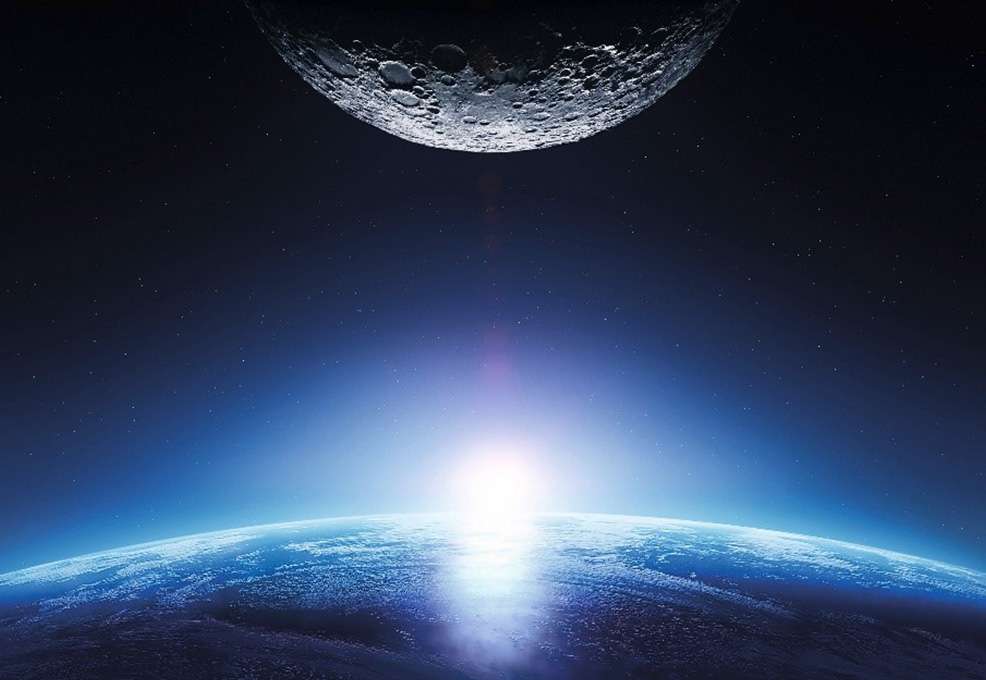
Author(s)
Bill ChangBiography
Bill Chang graduated from the Faculty of Engineering of The University of Tokyo and is a space architecture activist. He is now CEO of HelioX Cosmos Co., Ltd., the only “Cislunar Economy Sphere” grade commercial space company in Taiwan. It focuses on boosting the global NewSpace market for Taiwan’s industries, bridging space education and Metaverse application in the space sector.
Academy/University/Organization
HelioX Cosmos Co., Ltd.-
TAGS
-
Share this article
You are free to share this article under the Attribution 4.0 International license
- ENGINEERING & TECHNOLOGIES
- Text & Image
- January 01,2022
With global space strategy and technology development continuing to thrust forward at a speed that has never before been seen, launching satellites to Low Earth Orbit (LEO) for conducting scientific or communication missions has been predicted to be a growing market in the next decade. However, the United States, Japan, Russia, and China, together with their private sectors, are dedicating energy to exploring deep space, and are even planning to establish an operational Cislunar Economy Sphere in the next two decades. This includes complete lunar infrastructure and lunar resource commercial utilization. Meanwhile, Taiwan has good potential to develop space qualified components and devices that can play an important role in the global space supply chain for the coming decades.
Insight into Taiwan’s Future Space Development and Strategy
With the global space strategy and technology development continuing to thrust forward at a speed that has never before been seen, launching satellites to Low Earth Orbit (LEO) for conducting scientific or communication missions has been predicted to be a growing market in the next decade. However, the United States, Japan, Russia, and China, together with their private sectors, are dedicating energy to exploring deep space, and are even planning to establish an operational Cislunar Economy Sphere in the next two decades. This includes complete lunar infrastructure and lunar resource commercial utilization (Figure 1).
Based on a report from PwC Consulting LLC, global space companies will be initiating infrastructure construction on the lunar surface by the year 2030. This will pave the way and speed up lunar resource commercialization and the growth of related industries by the year 2040. Foreseeable related industries cover from energy, tourism, and scientific research to even rare earth resource exploitation. A market size of over 160 billion US dollars will be reached result from the fact of global effort on developing lunar commercialization and the Moon is the inevitable gateway for humanity to keep sailing on to Mars and unknown territories far beyond the Earth-Moon system.
As a result, HelioX Cosmos Co., Ltd., the only “Cislunar Economy Sphere” enterprise, as a pathfinder in Taiwan that is leading not only the increasing LEO marketplace but also deep space exploration, has successfully embarked on the first Taiwanese deep space mission on board an international lunar lander, and is hoping that more and more private sector companies would forge a much more exciting Taiwan team to explore the Moon.
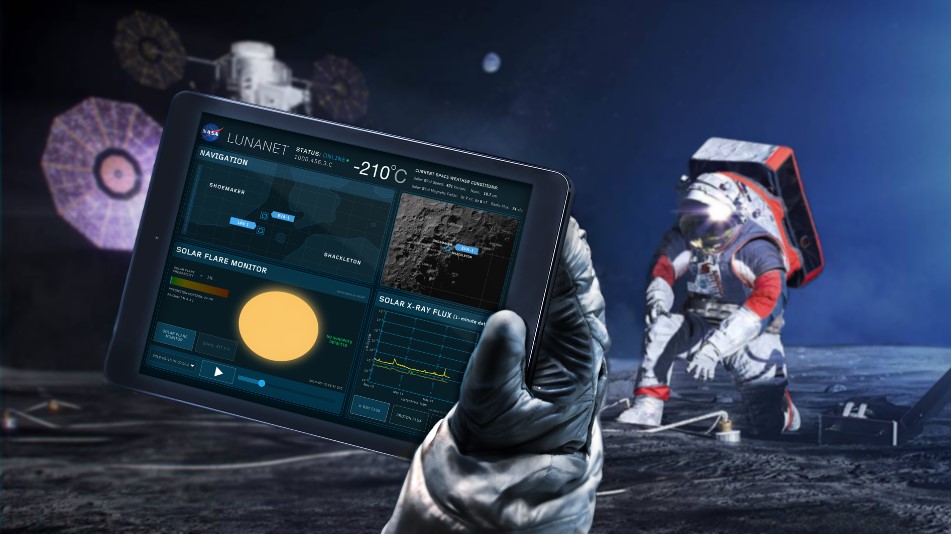
Figure 1. NASA to develop LunaNet. Source: NASA
Private Commercial Companies Shaping the Global New Space Market
Aerospace development has always been an important policy among technologically advanced countries. While currently the main stream of space policy is controlled by the government, the private sector is investing its energy in related production manufacturing and multidisciplinary collaboration. NASA and JAXA have shown iconic examples for partnering with private commercial companies and through this process, space development is achieving diversity like never before (Figure 2).
On the other hand, the NewSpace market such as the LEO communication satellite constellation Starlink, VSS Unity of Virgin Galactic, and New Shepard of Blue Origin for space tourism are all continuously showing that private players are boosting the global NewSpace market.
Taiwan has developed space technology for over 30 years, since the early 1990s. However, it is still facing several challenges and most private aerospace companies in Taiwan are dependent on governmental leadership and profit from related projects. Nevertheless, the space market in Taiwan is growing and it is likely to remain a top-down model in the foreseeable future.
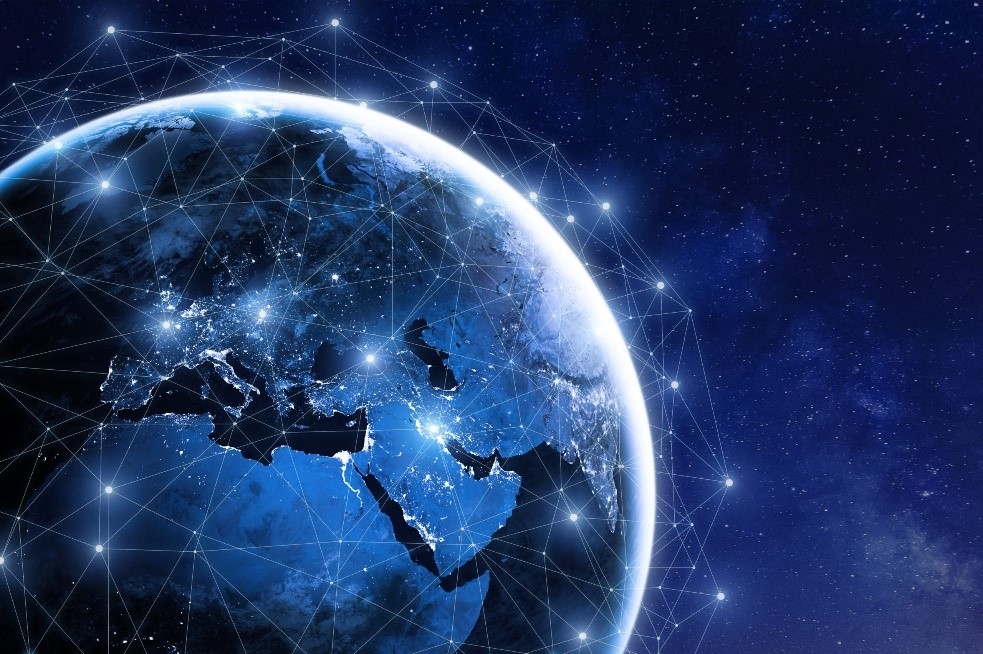
Figure 2. The increasing number of LEO communication satellites. Source: Internet
To the Final Frontier… But Where is Taiwan Now?
Along with continuous decreasing costs of the satellite manufacturing sector and the application of reusable launchers, demands on LEO satellites are increasing, whereas Taiwan continues to perform as an outsourced manufacturer in the aerospace area. However, currently more than 80 domestic manufacturers in Taiwan have provided LEO satellite components and devices to the global market, and with the growing 5G and 6G telecommunication technology development, even the machinery-related industry is expected to be added to the supply chain.
As for the transition from traditional industry to space-related players in the supply chain, it is expected to face fewer challenges in the coming years. Know-how and experience of domestic industries as participants in the global space sector have been introduced to Taiwan for years.
Furthermore, as a good example, the aforementioned HelioX Cosmos Co., Ltd. continues to play a professional role in consultancy to level-up Taiwan’s space industry, proactively providing satellite launch and TRL7 to TRL9 spaceflight verification services, space memorial spaceflights, space travel and space education by working with Japan and European space companies, and thus contributing continuous efforts to Taiwan’s space development. This once again shows Taiwan’s unlimited potential for enabling the global space market with high quality and integration solutions (Figure 3).
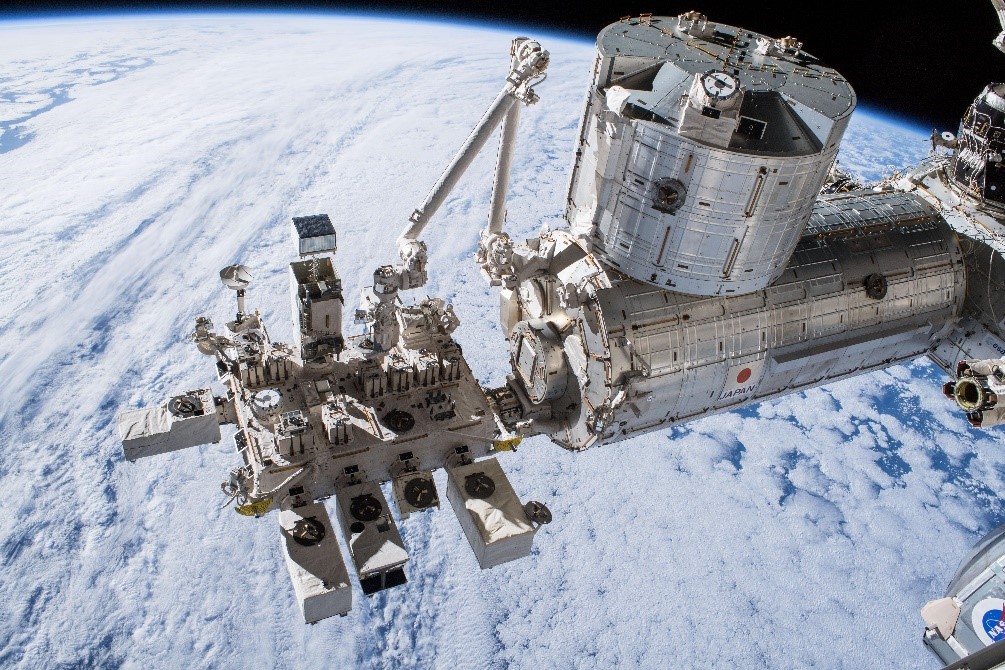
Figure 3. HelioX Cosmos is boosting Taiwan’s industries as a space qualified supplier. Source: JAXA
STAY CONNECTED. SUBSCRIBE TO OUR NEWSLETTER.
Add your information below to receive daily updates.




